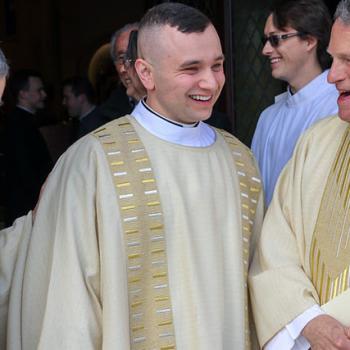Fear drives us to make bad decisions, as we've said here more than once. It's impossible to make decisions out of hope and optimism, from our best and most centered selves, when we're afraid. So it is in X-Men: First Class. Humanity fears mutants—as people fear anything different or that they don't understand—and so they want to control or exterminate them. Erik/Magneto fears a repeat of the Holocaust that took his family and millions of his people, and so he wants to lash out and deter any further losses.
So, how do we react in a world driven by fear instead of compassion? That historical debate between Martin and Malcolm—which is also the tension between the two main characters Charles and Erik—makes for a powerful movie about prejudice, violence, and diversity. Can people live together in peace? Can people choose love instead of fear? Can people make decisions out of their best selves instead of their worst? Set against the backdrop of the Cuban Missile Crisis, X-Men: First Class suggests that if it is hard for so-called normal human beings to live in peace, how then can the mutant student body of Xavier's School for Gifted Youngsters possibly live in community—or live in communion with the larger world?
Well, that is the problem, isn't it? And it explains why the X-Men story continues to be a spiritually powerful story almost fifty years after its launch. Comics and comic book films constitute a major part of the American mythos; it isn't mere accident that many of the most popular films of all time have a comic source or a superhero basis.
And if Jesus-y things happen to turn up—in this film, nonviolence, inclusion, compassion, and self-sacrifice—I think we ought to name them and claim them.





